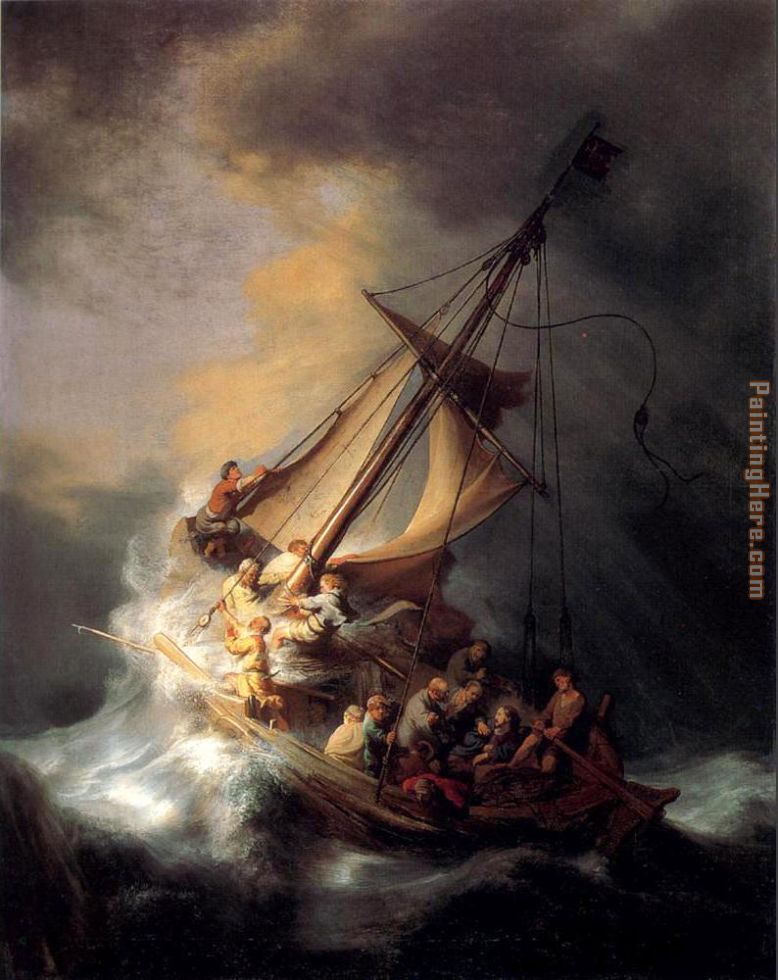In preparation for interviews, here is my evaluation!
Learning Outcomes:
I feel like I've done a pretty good job of staying up to date with posting and commenting! I've posted regularly what I feel to be two substantial posts every week, and have been commenting on other blogs and posts as well. I've been getting involved with social learning by watching the Bollywood version of Othello with Brooke, involving my roommates and boyfriend with my various reading assignments, and I also attended the conference call with Fred Adams.
1. Shakespeare Literacy
1a) Thus far, I have read Hamlet, Richard III, Romeo and Juliet, Twelfth Night, and The Tempest.
1b) With my reading of The Tempest, I researched the more detailed character analysis list so that I could be more familiar with not just the characters, but their defining characteristics and moments within the text.
1c) I have watched the Bollywood Othello, as well as the Mel Gibson Hamlet, and She's the Man, the modern take on Twelfth Night. I've also engaged a few Youtube videos, which include short clips and humorous spoofs.
1d) I've researched into the historical practices of the times. I've posted on Renaissance music, marriage customs, etc. that have attempted to go deeper into the text by understanding the common practices of the time. The focus of my blog is Shakespeare in popular culture such as music, movies, books, etc.
2. Analyze critically
2a) This is an area that I'm planning on focusing on more. Honestly, I would really appreciate suggestions on how to do this better. This learning outcome, in addition to outcome 2d is where I'm lacking the most.
2b) Again, I've looked a lot at the historical setting for the plays, as well as the influences these plays have had on modern media as well as our perception of historical events and persons (like Richard III).
2c) This is where I'm lacking the most. Actually, getting to look at Janelle's blog helped me a lot. I think it's a really good idea to engage literary lenses to analyze the different plays, and that's something I want to try to do myself. I would like other suggestions for how to do this better.
2d) I fulfilled this requirement by looking at a few different renditions of Shakespeare's work. The Bollywood version of Othello titled Omkara was an interesting look at hot other cultures perceive and present Shakespeare. I also looked at how the movie She's the Man took Shakespeare's play Twelfth Night and used it as a frame for the story they told in the movie, as well as how they changed the plot in some major ways.
3. Engage Shakespeare Creatively
3a) I'm involved in Brooke's planning for a edited video of a scene from Twelfth Night. I also plan on writing a song based on the emotions and thoughts of one of the characters of Shakespeare's plays.
3b) I'm not entirely sure that I understand this correctly, but I am planning on taking a scene from one of Shakespeare's plays and trying to do a modern translation. I want to still retain the main feeling and meaning in the text, but make it more understandable to a modern audience.
4. Share Meaningfully
This blog has been my main means of sharing Shakespeare meaningfully. It's been a really neat way to spread what I've researched and learned, as well as learn from others. I have been able to take what I've learned and not only utilize it in class, but I've also been able to share it with my roommates, family, and friends outside of class. It's really neat to be able to say "Hey, did you know that this is based on a Shakespeare play?" or "During this time, this is what the people thought about this, and this is how they did that!" It gives me credibility and helps me sound intelligent when I'm discussing not just Shakespeare, but the numerous other works and artistic expressions that have come from it.
Reading and Research:
I outlined above which plays I've read. In addition to those plays, I've been reading a book about the practices and conventions of Shakespeare's time which has been very helpful to my understanding of certain things in the plays. I have read the introductions to each play that are in our Shakespeare book which has been very helpful by giving a brief history and background information for me before delving in. I've also read numerous online articles that have been very informative and interesting. Some of these articles have come from my own searching, while some have come from the research and searching of my fellow classmates on their blogs!
Peer Influence:
Ive really enjoyed Cara's posts, as well as her efforts to get the class involved. Her courage in setting up the interview with Mr. Adams was really beneficial for me, as well as I'm sure the rest of the class who read about the interview on our blogs. I also really have enjoyed Martin's blog. His posts have been interesting and informative, and his blog has been a really good example for how to layout a blog effectively. That has been very helpful since I've never done a blog before.
Personal Impact:
This class has forced me to try something new by creating my own blog. I'd never tried this before, and the closest I'd ever come to blogging (if you can even consider this remotely similar) is Facebook with my occasional posts. This has been a really fun experience, and has taught me that I can connect with other people to share my ideas and thoughts, and to learn from their ideas and thoughts as well. Blogging has enabled me to write about my progress, ask questions, and share the interesting things that I have come to learn.
Another way this has impacted me, is by showing my that if I want to learn more about something, there are so many resources at my disposal! Books, articles, websites, as well as peers are all there! If I really want to know more about something, all I need to do is start looking. Even professionals are willing to talk and answer questions if I take the time to stop and ask them about their work and field of interest.
I've also come to notice that I tend to be really interested in how certain works and people have influenced thoughts and ideas and popular culture today. I love to see how things have changed and progressed, how ideas have been taken and expanded upon, and how things that are really quality and timeless works really do last.
This class has shown me that learning is really a lot of fun! It takes time, but if it's something I'm interested in, and I'm able to work with other people around me who are interested to, it makes it so much less tedious and so much more real and interesting.
Personal Evaluation:
I think I've done a good job so far with this class. My blogging has been regular, I've been able to encompass most of the learning outcomes (to my knowledge), and I've engaged with my peers in the class to learn. Where I'm lacking the most right now is in my textual analysis and application of literary theories in my research of Shakespeare, but I will strive to make that more of a focus for my blogging efforts during the next half of the semester.








![[Picture: Stack of old books] [Picture: Stack of old books]](http://www.fromoldbooks.org/pictures-of-old-books/pages/img_7378-stack-of-books/img_7378-stack-of-books-q67-303x500.jpg)















